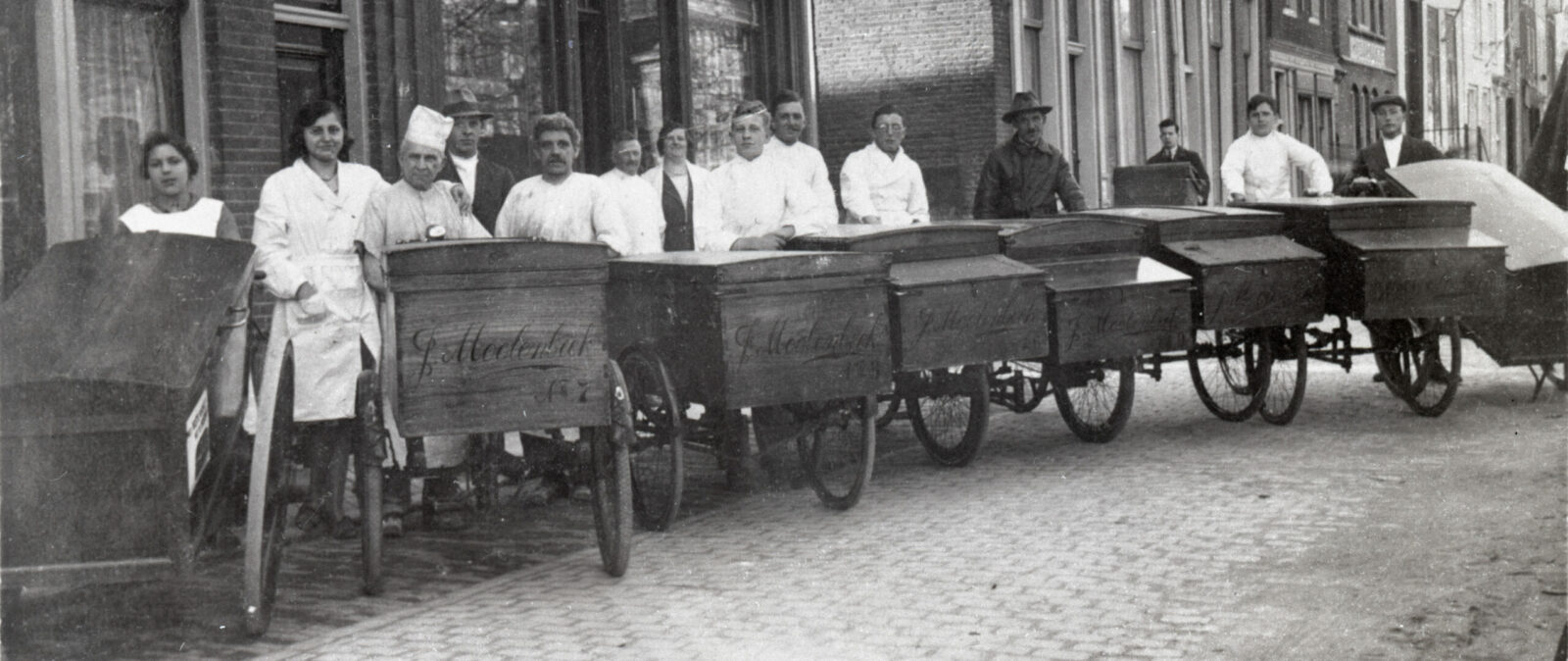News
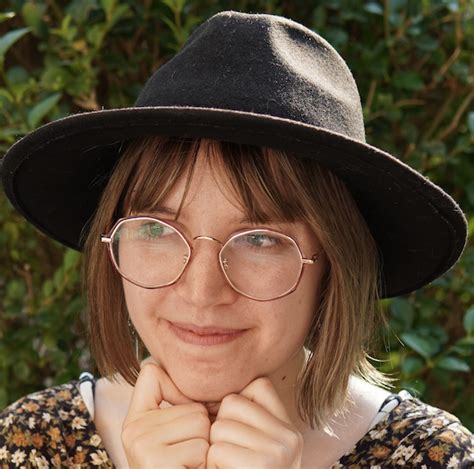
Successful PhD Defence Posthumus alumna Robin Rose Southard
On 23 June 2025, Posthumus alumna Robin Rose Southard successfully defended the PhD thesis ‘Biting the hand that feeds: contesting the food guilds in 18th-century Brussels’ at Vrije Universiteit Brussel. Supervisor was Professor Wouter Ryckbosch (Vrije Universiteit Brussel). The N.W. Posthumus staff congratulates Robin Rose with obtaining the PhD!
Read more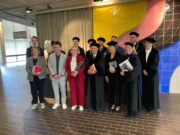
Successful PhD Defence Posthumus alumna Heleen Blommers
On 2 June 2025, Posthumus alumna Heleen Blommers successfully defended the PhD thesis ‘Deconstructing the War on Poverty: why a failure narrative became entrenched in American political discourse, 1964–1974’ at the Vrije Universiteit Amsterdam. Supervisors were Professor Karel Davids (Vrije Universiteit Amsterdam), Dr Dienke Hondius (Vrije Universiteit Amsterdam), and Professor Damian Pargas (Leiden University). Heleen’s…
Read more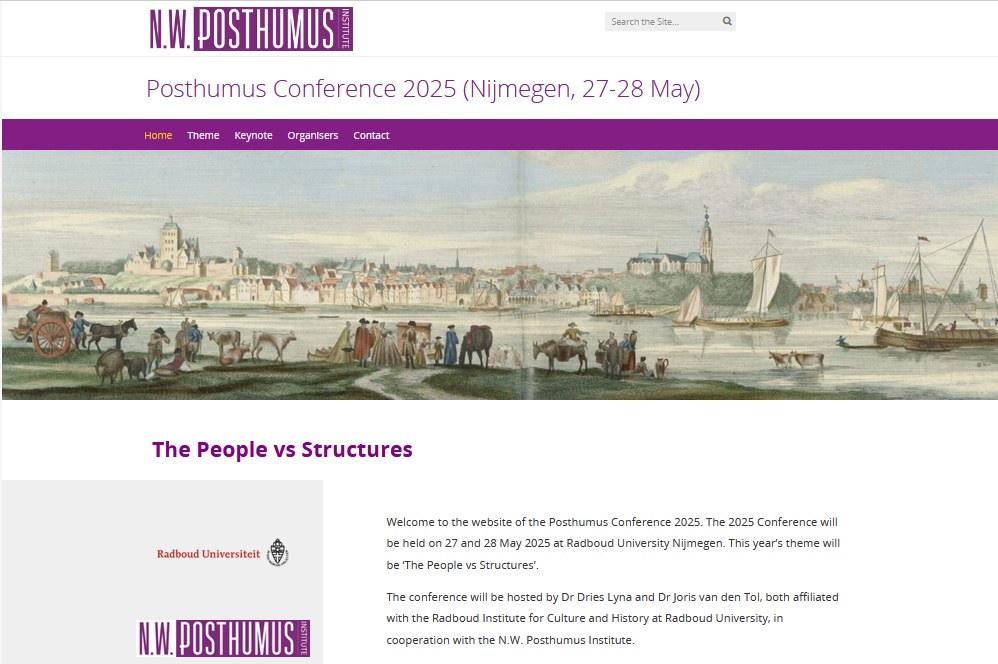
Successful Posthumus Conference 2025 in Nijmegen!
On 27 and 28 May 2025, the Posthumus Conference 2025 was held in Nijmegen at Radboud University, hosted by Dr Dries Lyna and Dr Joris van den Tol and visited by c. 140 participants. This year’s conference was on the central theme ‘The People vs Structures’ with a reflection on how legal systems, institutions, and…
Read more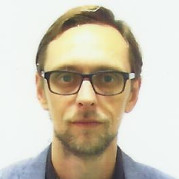
Posthumus fellow Dr Kristof Loockx receives FWO Senior Postdoctoral Fellowship
The Research Foundation Flanders (FWO) has awarded a FWO Senior Postdoctoral Fellowship to Dr Kristof Loockx, fellow of the N.W. Posthumus Institute and postdoctoral researcher a the University of Antwerp. This fellowship is awarded to selected researchers who have completed their PhD a few years ago to further specialise in their research discipline. With the…
Read more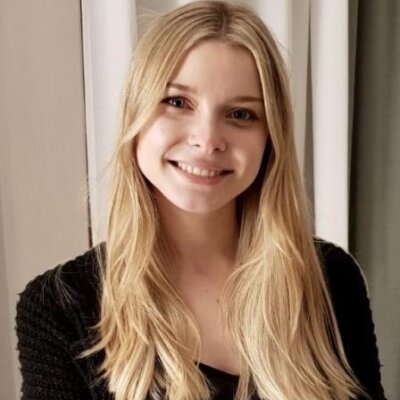
Posthumus fellow Dr Charris Desmet receives FWO Junior Postdoctoral Fellowship
The Research Foundation Flanders (FWO) has awarded a FWO Junior Postdoctoral Fellowship to Dr Charris De Smet, fellow of the N.W. Posthumus Institute and postdoctoral researcher at the Department of History as well as affiliated to the Centre for Political History (PoHis) of the University of Antwerp. This fellowship is awarded to selected researchers who…
Read more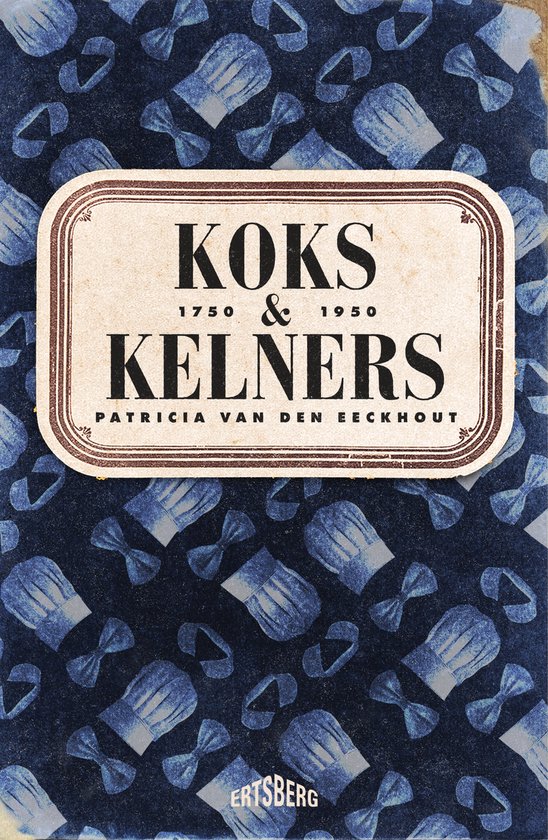
Nieuwe boekpublicatie van Posthumus fellow Patricia Van den Eeckhout
~ because of scope in Dutch only ~ Bij Uitgeverij Ertsberg is onlangs het boek Koks & Kelners 1750-1950 van emeritus professor Patricia Van den Eeckhout, fellow van het N.W. Posthumus Instituut, verschenen. Dit boek vertelt de geschiedenis van het alomtegenwoordige, maar ‘onzichtbare’ horecapersoneel. Koks waren letterlijk, maar ook het zaalpersoneel in zekere zin onzichtbaar….
Read more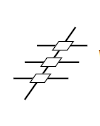
Bijeenkomst Werkgroep Stedengeschiedenis: ’Nieuw onderzoek uit Amsterdam: stedelijke ruimte, water en erfgoed’
~ because of scope in Dutch only ~ Op 10 oktober 2025 organiseert de werkgroep Stedengeschiedenis een bijeenkomst bij de Rijksdienst voor het Cultureel Erfgoed onder de titel ‘Nieuw onderzoek naar Amsterdam: stedelijke ruimte, water en erfgoed’. Dagvoorzitter is dr. Roos van Oosten (universitair docent Universiteit Leiden). Bevestigde sprekers zijn dr. Clé Lesger (historicus, Universiteit…
Read more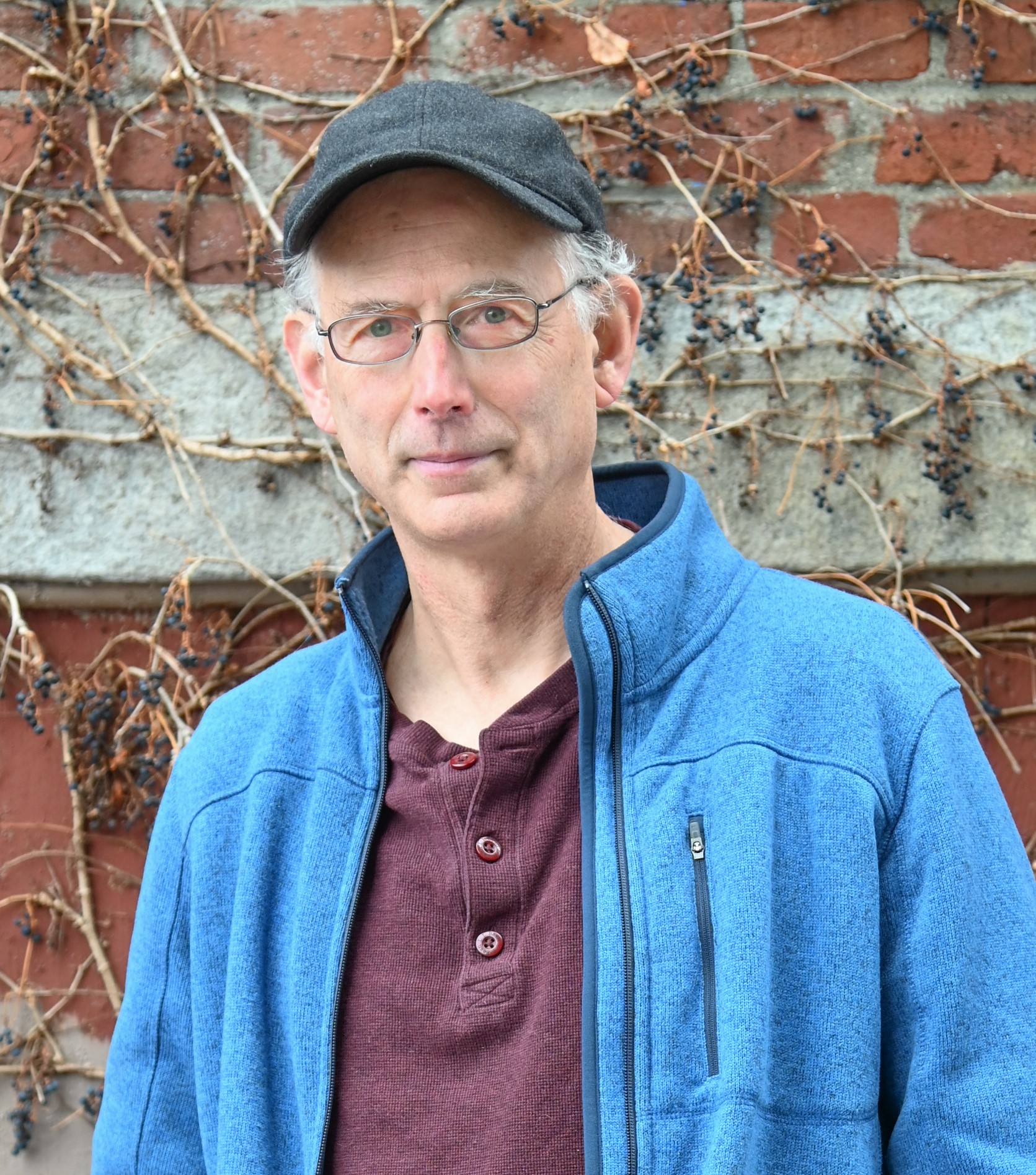
Prof. Em. Carl Nightingale delivers lecture 2025 Raymond van Uytven Chair 2025 – register by 30 June 2025
The Centre for Urban History and the Urban Studies Institute of the University of Antwerp invite you to the public lecture of the 2025 Raymond van Uytven Chair for Urban History by Emeritus Professor Carl Nightingale, on Wednesday 2 July 2025. Carl Nightingale is Professor Emeritus of Urban History and World History at the University…
Read more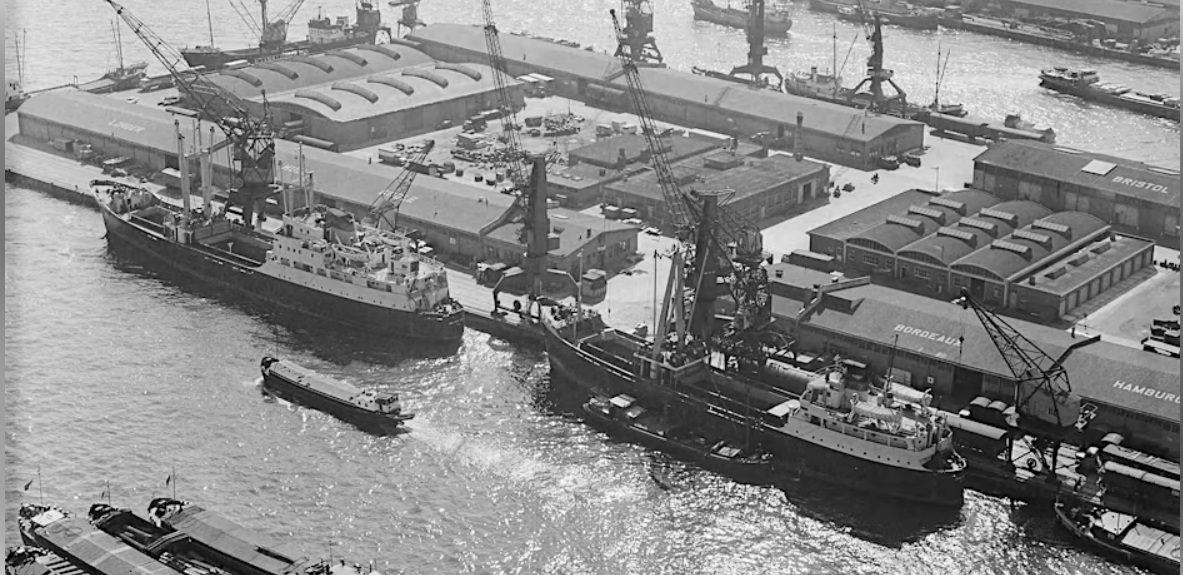
Talk and Film Screening on ‘Legacy and transitions: Rotterdam’s port in a global sustainability context’
On 2 June 2025, the Deep Transitions Lab (supported by UGlobe and the Strategic Theme Institutions for Open Societies of Utrecht University), organises an event on the theme ‘Legacy and transitions: Rotterdam’s port in a global sustainability context’, addressing both its history and the challenges it faces in transitioning to a sustainable port. The organisers…
Read more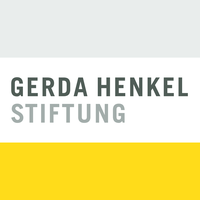
Gerda Henkel Foundation awards grant to project ‘Economies of Trust’
The Gerda Henkel Foundation has awarded a grant of 253k euro to ‘Economies of Trust? A New Digital Infrastructure on the Urban Poor in the Cape Colony’. This project, administered by Radboud University, is a two-year project led by Dr Dries Lyna (assistant professor at the Radboud Institute for Culture and History and member of…
Read more
